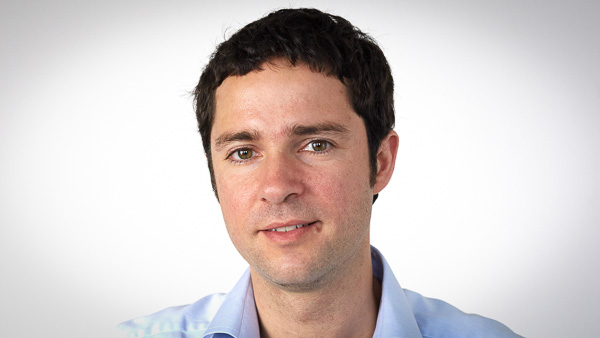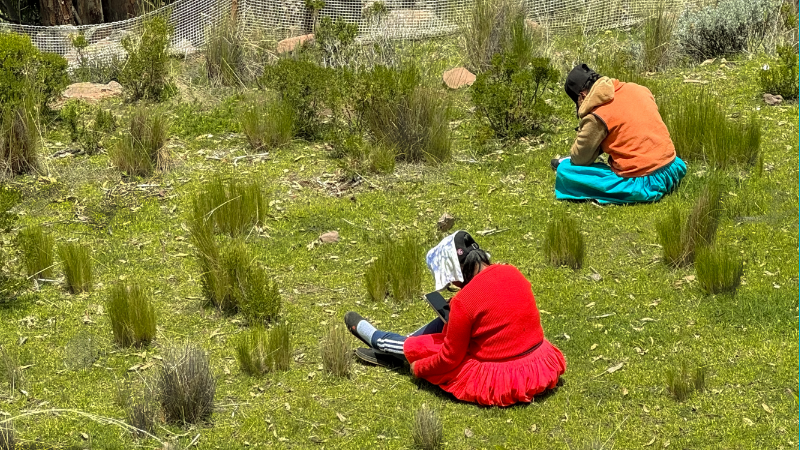Making sense of our connected world

re:publica and MEDIA CONVENTION: Political Internet discourse vs. commercialisation?
This year, on the 6th and 7th of May, the international media industry event MEDIA CONVENTION will – for the first time – take place together with Europe’s largest social media conference re:publica and the Berlin Web Week. This fusion is noteworthy because of two reasons: Firstly, it underlines the significance of the re:publica, due to which Berlin managed to establish itself as an international center of political Internet discourse during the last few years. Secondly, it places important emphasis on how Berlin – as a media location – has turned towards the digital economy.
Since its foundation in 2007, the re:publica advanced from a blogger festival for lateral thinkers to one of the world’s most important conferences concerning the digital society. The MEDIA CONVENTION (formerly named Medienwoche) started in 2001 as small business event for the traditional media economy and developed to become the hot spot of the international media industry it is today. On the occasion of its fusion with the re:publica, the MEDIA CONVENTION focuses entirely on media convergence , with experts from both the old and new economy, be it TV, film, print, online, mobile, social media, technology and even science as well as politics.
This mixture intrigues several researchers of our institute, correspondingly to their various research interests. Founded in March 2012, the Alexander von Humboldt Institute for Internet and Society strives to enable innovative scientific research in the field of Internet and society and to observe the development of the Internet in its interplay with societal transformation processes. In this spirit, researchers of the institute repeatedly contributed to the discourse on topics concerning the digital society at the re:publica. Last year, Uta Meier Hahn moderated the panel „Let’s Talk about Content – The change of the Internet’s infrastructure“ (in German). Jeanette Hofmann and Christian Katzenbach gave a talk on the issue „How informal norms undermine copyright law or turn it inside out“ (in German). This year, Jeanette Hofmann will discuss „The crucial question: Global Internet Governance – how and by whom?“ (in German). Frédéric Dubois will moderate the panel „Public service content outgrows public service media“ and Kaja Scheliga will talk about „Books gone wild – how we openly, collaboratively and continuously write scientific books“ together with Sönke Bartling and Lambert Heller. From this point of view, the fusion of the re:publica and the MEDIA CONVENTION could be seen as a commercialization of the political Internet discourse. From another point of view, it might be interesting to ask whether the re:publica is able to transfer its culture of lateral thinking to the „mainstream“ structures of old media industries.
Indeed, the latter question opens an interesting research area for several researchers of our institute. For several months now, a network of young researchers has conducted research on, beside other areas, the development of new technologies for the film industry, business models for Internet enabled startups and the circulation of cultural goods. The corporate alliance „D-Werft“ examines, for example, online consumer behavior with regard to audiovisual content, the transferability of components of business model from the new to the old media economy or legal questions related to orphan works. From a social science perspective, the research project „Circulation of cultural Goods“ asks how copyright law affects innovative and creative processes in the business areas of TV and gaming. The research project „Internet-enabled Innovation“ contributes to a better understanding of the supporting and hindering factors of Internet-enabled entrepreneurship. The group investigates, in cooperation with key players of the Berlin startup ecosystem, the development of startups. The interdisciplinary exchange of research topics and methods challenges even conventional beliefs and structures of thinking. Often, this leads to creative chaos – with chances of intellectual enrichment for the own discipline.
In this view, the fusion of the re:publica and the MEDIA CONVENTION seems to put the rule to the test. Will it result in a mere exchange of standpoints or will it challenge both sides to fundamentally re-think their way of understanding economies in digital society? Just another research question… leading us to an instigation based on the motto of the re:publica and in memory of the eponym of our institute, Alexander von Humboldt: Into the wild – into the fieldwork!
This post is part of a weekly series of articles by doctoral candidates of the Alexander von Humboldt Institute for Internet and Society. It does not necessarily represent the view of the Institute itself. For more information about the topics of these articles and associated research projects, please contact presse@hiig.de.
This post represents the view of the author and does not necessarily represent the view of the institute itself. For more information about the topics of these articles and associated research projects, please contact info@hiig.de.
Sign up for HIIG's Monthly Digest
and receive our latest blog articles.
Exploring digitalisation: Indigenous perspectives from Puno, Peru
What are the indigenous perspectives of digitalisation? Quechuas in Peru show openness, challenges, and requirements to grow their digital economies.
Diamond OA: For a colourful digital publishing landscape
The blog post raises awareness of new financial pitfalls in the Open Access transformation and proposes a collaborative funding structure for Diamond OA in Germany.
Disinformation: Are we really overestimating ourselves?
How aware are we of the effects and the reach of disinformation online and does the public discourse provide a balanced picture?



